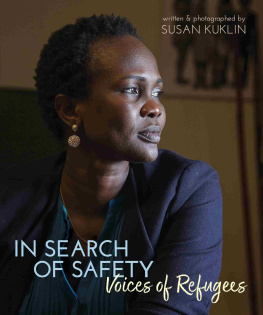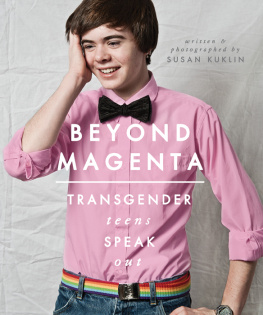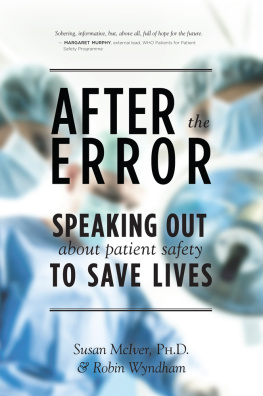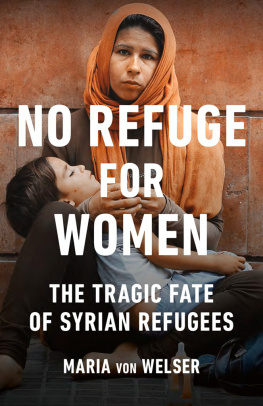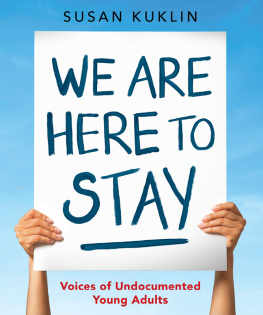
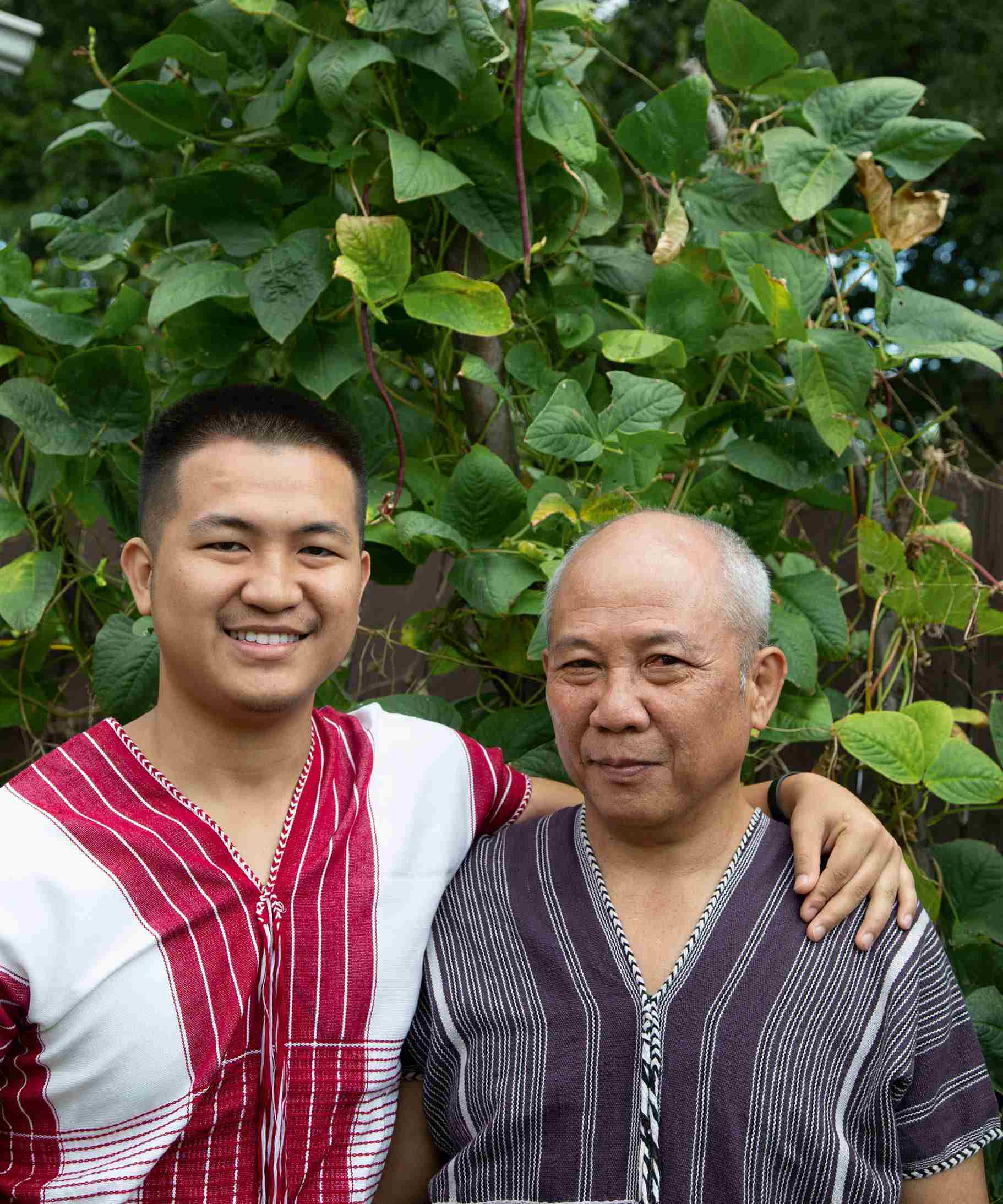


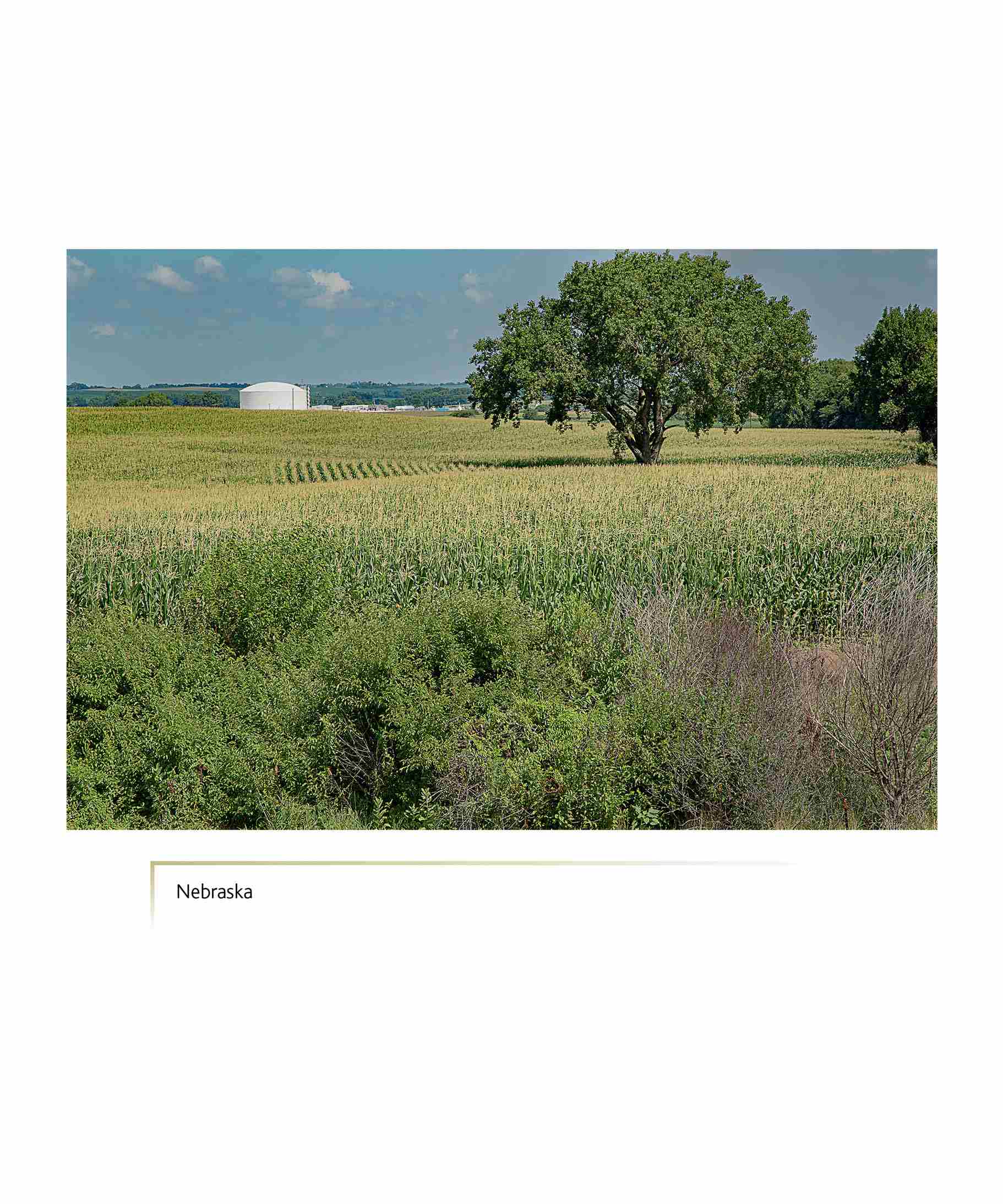

Refugees are people who are forced to leave their country because they are being persecuted. From 1980 to 2018, the number of refugees resettled in the United States each year was between 50,000 and 100,000 people. In 2019, that number dropped to 30,000 people, and in 2020 it dropped again to 18,000. Many of them are from Southeast Asia, the former Soviet Union, Bosnia, the Middle East, and Africa. Some have resettled in the Midwest because housing there is reasonably priced and jobs are relatively plentiful. The five refugees featured in In Search of Safety are from Afghanistan, Myanmar, South Sudan, Iraq, and Burundi. One refugee had been a translator for the U.S. military. Another recently escaped the horrors of captivity by fundamentalist militants. And three spent years in refugee
camps, growing up in countries other than their homeland. They all survived wars. They all were carefully screened by several security organizations, such as the United Nations High Commissioner for Refugees, the United States State Department, and the United States Department of Homeland Security. They have all been resettled in the state of Nebraska, where they have been warmly welcomed.
This book tells their stories.
Lutheran Family Services is one of many nongovernmental organizations (NGOs) around the United States that arrange the resettlement of refugees. They organize volunteers to set up homes for newly arrived persons or families. In each case, an American individual or family acts as a sponsor. They help the new immigrants find jobs, shop, learn English (if necessary), arrange for the childrens schooling, set up doctors appointments, and do whatever else is needed to acclimate the new arrivals to American culture. I am grateful to them for their support with this project and for their dedication to the refugees who come seeking safety and shelter.

















From 1984, when I was born, until July 16, 2017, when I arrived in the United States, I never lived in a place where there was no war. The year I was born, the Russians had been fighting in my country for five years. My father was a battalion commander in the Afghan National Army. The Afghan National Army was supported by the Soviet Union. They were fighting the Mujahideen, about fifteen separate guerrilla military parties, who were backed by Western countries, especially the United States. The Mujahideen did not like the fact that my father joined the Afghan National Army. For revenge, they killed his father, my grandfather. Yeah. They killed him, just because my father chose to serve his country.
In 1989, when the Russians left my country, my father thought the fighting was over. For this reason, he resigned from the military. He opened his own shop, a general store. But no, the fighting was not over. Civil war began when the fifteen Mujahideen parties fought each other for power. Many people were killed; many cities were destroyed. We thought that the fighting would never be over. We thought that we would never have peace in my country. We lost hope.
Seven years later, in 1996, when I was twelve, another group of fighters showed up. They called themselves Taliban. They were against the Mujahideen. They were against the Afghan army. They were against the government. They were against everybody.
The Taliban were a mix of mostly Pashtun Afghans, Pakistanis, Chechens, and Arabs. First they took over Kandahar Province, in the south, and from there they moved throughout the country. Osama bin Laden, the leader of Al-Qaeda, joined up with the Taliban as well.
The United States had given my country Stinger antiaircraft missiles to fight the Russians. When the Taliban took over, Pakistani militia, advisers, collected the military equipment and took it to their country. But they left enough equipment for the Taliban to destroy my country, to destroy our national heritage. Once the Taliban took over, we began to miss the Mujahideen. The Mujahideen changed from bad people who fight to good people who help.
I was fourteen years old when the Taliban reached my city. We lived in the middle of Kabul. Kabul was usually a safer place than the rest of the provinces. But the morning the Taliban took over Kabul, we heard big fighting all around the city. My family had to decide what to do next. My dad didnt want to leave. He said, We dont want to go to Iran or Pakistan. We are from Afghanistan. This is our country. This is our homeland, so we will not leave. If we are dying, were going to die here. See, if you leave, its a shame on you because people will think you didnt want to defend your country. For this reason, we thought we would stay forever.

